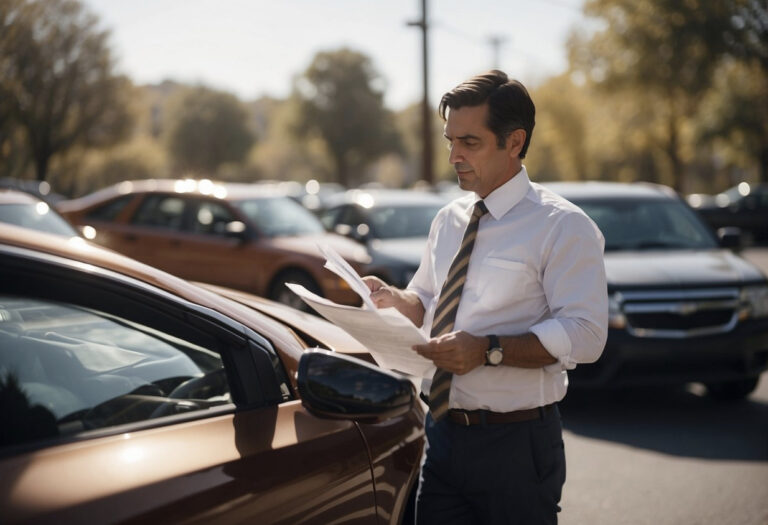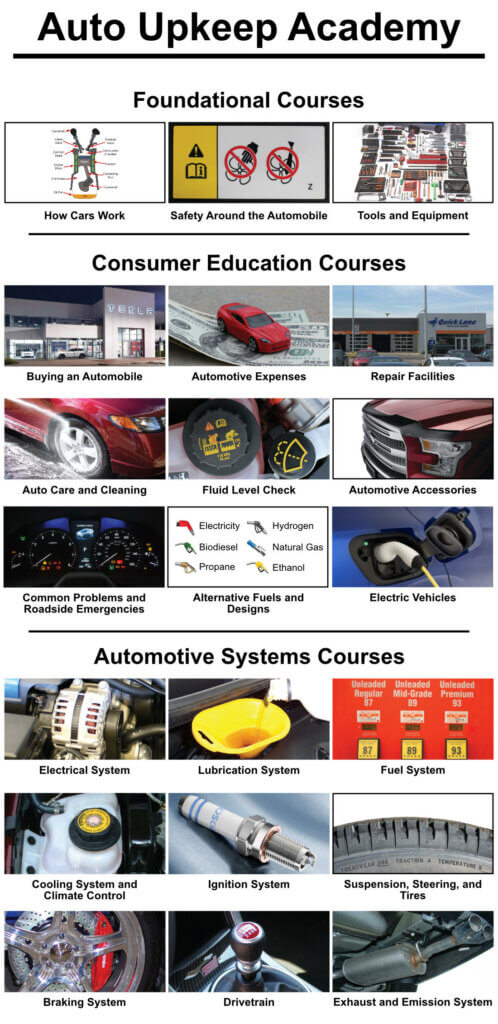This post is sponsored by 1-800-Injured.

Deciding whether to hire a car accident attorney after a minor collision depends on several factors. If the accident involves straightforward issues, such as slight property damage and no physical injuries, individuals may opt to handle the insurance claims themselves. In such cases, the expenses saved on attorney fees can be an advantage. However, even minor accidents can have unexpected complications, leading to disputes over fault, coverage details, or the extent of damages.
An experienced car accident attorney can navigate the legal nuances and insurance company strategies that often accompany these disputes. They have the capability to negotiate effectively with insurance providers, potentially securing a more favorable outcome for the client. An attorney can also help in situations where there may be a discrepancy in the reporting of the accident or if the other party’s insurance company denies the claim.
When injuries are involved, even if they seem minor at first, they can later develop into more serious conditions, incurring significant medical costs. In these scenarios, having legal representation can ensure that an individual receives fair compensation that takes into account future medical care and related expenses. Legal advice may prove invaluable in ensuring that one’s rights are protected, and the decision to hire an attorney should be based on the complexity of the accident, the clarity of fault, and the severity of any resulting injuries or damages.
Determining the Necessity of a Lawyer
When faced with a minor car accident, it is crucial to evaluate both the accident’s impact and legal implications to decide if hiring a lawyer is the appropriate course of action.
Assessing the Severity of the Accident
The first step in determining whether to seek legal assistance is to accurately assess the severity of the car accident. Factors to consider include:
- Property Damage: List any vehicle or property damage and estimate the repair costs.
- Injuries: Document any injuries sustained, their severity, and the required medical attention.
An accident’s severity is not always immediately apparent; sometimes, issues manifest later. If damages or injuries are significant, one should consider consulting a car accident attorney.
Understanding Legal Rights and Insurance Policies
Understanding one’s legal rights and the specifics of insurance policies is essential to make an informed decision regarding legal representation:
- Insurance Policy: Review policy details, including coverage limits and exclusions.
- State Laws: Familiarize oneself with state-specific traffic laws that could affect the case.
If dealing with insurance claims becomes complex or if there’s a dispute, a car accident attorney can help navigate the intricacies of these policies and laws, ensuring rights are protected.
The Role of a Car Accident Attorney
A car accident attorney serves as an advocate and a guide through the often complex legal landscapes following a vehicle collision. They help plaintiffs understand their rights and the steps necessary to pursue fair compensation.
Legal Representation and Advice
Legal Knowledge: A car accident attorney provides expert legal representation grounded in a deep understanding of traffic laws and personal injury claims. Their grasp of legal procedures ensures that clients can navigate the court system effectively.
Guidance on Legal Rights: They inform clients of their legal rights, including compensation for damages, medical expenses, lost wages, and pain and suffering. Attorneys assist in determining the viability of claims and the best legal course of action.
Negotiating with Insurance Companies
Communication with Insurers: Car accident attorneys often handle all communication with insurance companies. They aim to prevent clients from settling for less than what they deserve and ensure that insurance adjusters handle claims fairly.
Settlement Negotiation: With strong negotiation skills, these attorneys can often secure settlements that accurately reflect the true cost of the accident. They meticulously prepare claims backed by evidence, such as eyewitness statements and medical records, creating leverage for negotiations.
This post is sponsored by 1-800-Injured.




